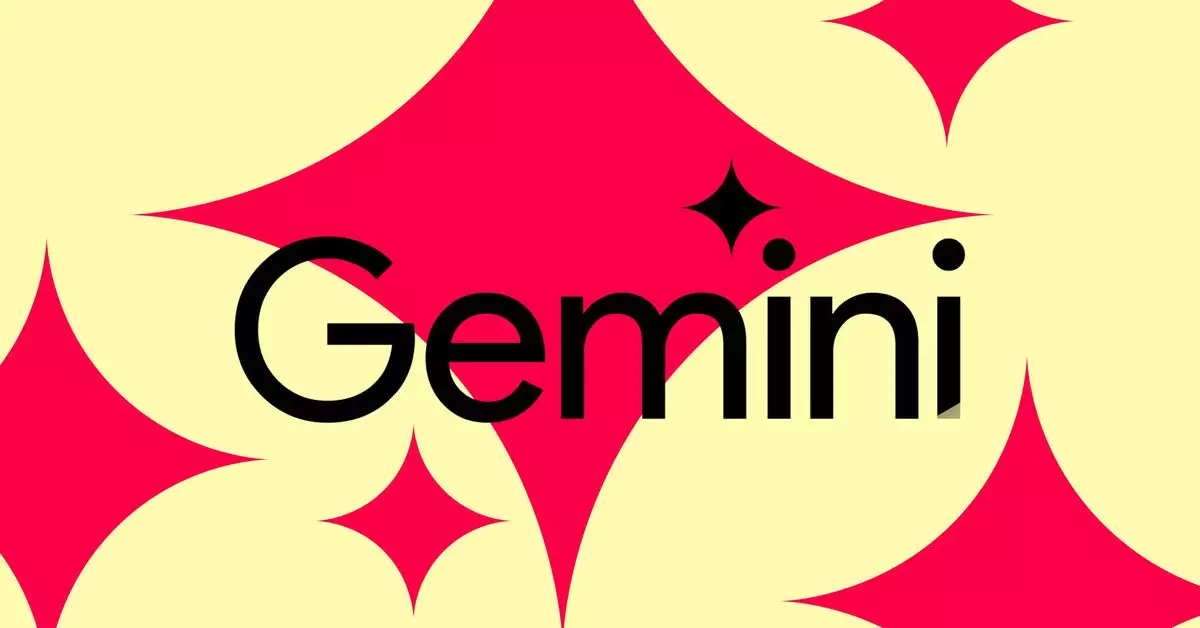In an era where digital document management has become a fundamental part of both personal and professional life, Google has innovated once again with its latest update to the Files by Google app. The integration of the Gemini feature into PDF interactions marks a significant step forward in how users engage with their digital files. This evolution isn’t merely about file organization; it’s a transformative approach to accessing and interpreting information, aiming to streamline workflows and improve user experience.
Gemini, a sophisticated AI tool, is designed to provide context-aware insights while users interact with their digital assets. The introduction of the “Ask about this PDF” feature exemplifies this by allowing Gemini Advanced subscribers to pose questions directly related to the documents they are viewing. Imagine flipping through a lengthy report or an academic paper and being able to inquire about sections or specific data points without having to manually sift through pages. This capability can profoundly enhance productivity, making document management more intuitive and less time-consuming.
However, it must be noted that accessibility is a crucial factor. The requirement for a Gemini Advanced subscription may limit its widespread adoption at first, which raises questions about Google’s decision to create a tiered service model. While premium features typically cater to power users, democratizing access to such valuable tools could enhance user engagement significantly.
Initially revealed during Google’s I/O developer conference earlier this year, the rollout of this screen-aware feature has generated buzz among tech-savvy users. Tech journalist Mishaal Rahman’s report on the feature’s launch highlights a crucial aspect of the user experience—ease of access. When users summon Gemini while viewing a PDF, they encounter an intuitive interface that invites engagement. The simple tap on the “Ask about this PDF” button paves the way for a seamless interaction, allowing users to ask questions just as they would on popular AI platforms like ChatGPT.
The implications of this feature extend beyond mere convenience. By leveraging advanced AI, Google is working to change the way users consume and analyze content. Traditional methods of reading and understanding PDFs often hinder insight extraction, but interactive questioning could bridge that gap, transforming passive reading into an active dialogue with the material.
Gemini’s context-aware capabilities extend beyond PDFs, with the potential to engage with a variety of content, including web pages and YouTube videos. This versatility signifies a push towards a more interconnected understanding of information, regardless of its format. Users can develop a more robust comprehension of an array of media, tackling complex subjects from multiple angles, all facilitated by a singular AI tool.
As technology continues to advance, tools like Gemini represent the future of information processing—making it clear that we are shifting towards a more interactive and insightful digital landscape. However, the true measure of success will depend on the adaptability of such tools and how well they meet the diverse demands of users in an increasingly digital world.
Ultimately, Google’s latest innovation with the Files app and Gemini serves as a reminder of the importance of continuous improvement in technology. While the new feature is indeed exciting, it opens a dialogue about accessibility, subscription models, and the future of AI in enhancing our interaction with digital content.

